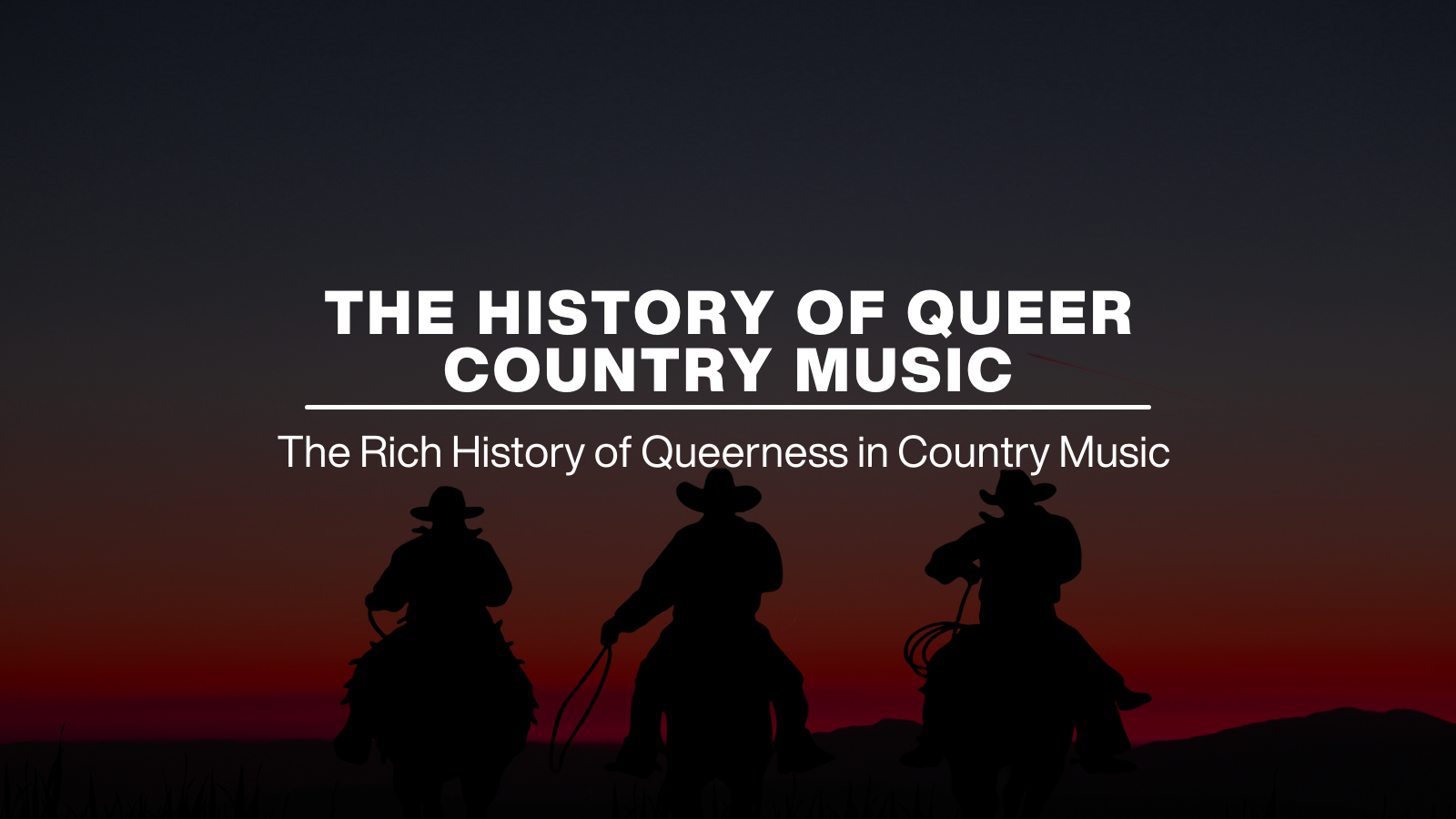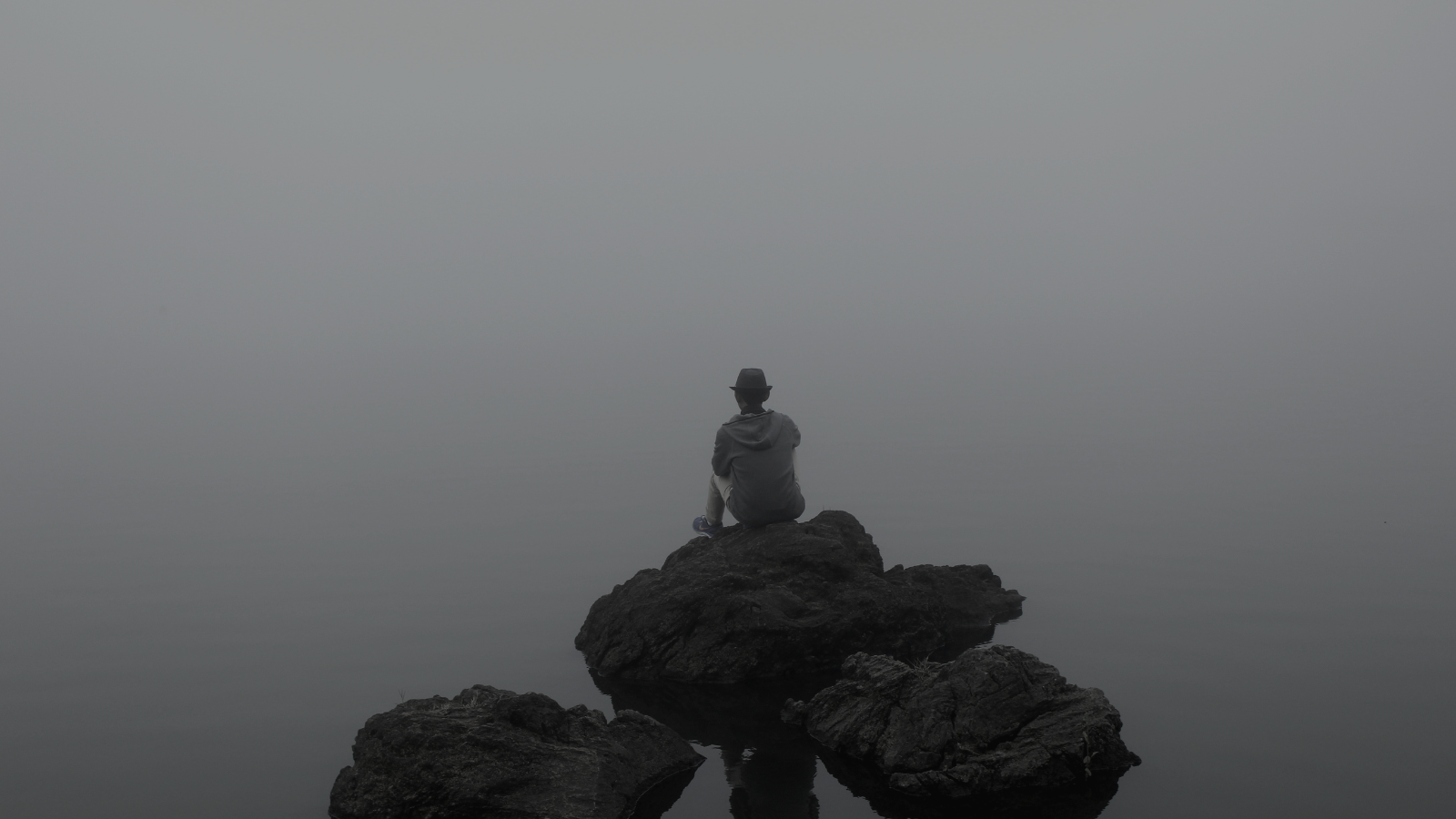To be fair, mainstream country has remained largely aligned with the traditional family values crowd. While many people who listen to country music might align with Luke Bryan's lyrics in "Most People Are Good", "love who you love, ain't nothing you should ever be ashamed of", the reality is that, in the business of selling country music, anything that is sonically country and lyrically queer often falls into the fringes of "folk" or "indie".
But there has always been a deep, ongoing dialogue of queerness inside the genre of country music. Explaining the draw to Pitchfork magazine, Shana Goldin-Perschbacher said she believes country music continues to attract queer artists because they are “drawn to its truthfulness and its sense of humor, its simplicity and its multiple layers of performance. The way that country music impacts listeners is really deep, on the level of family, community, regret, failure—things that everybody cares about.”
Country music as a genre is built on sincere storytelling, but also on playful subversion and things like irony, puns and camp. This crossroads is perfect for queer artists. The genre itself began only in the 1920's, during the advent of the Library of Congress recordings, when it became important for mainstream culture to separate out "white" music from "black music", forcing artists to follow suit. While country music continues a complicated relationship both in itself and in public opinion about who constitutes the working class, the reality is that the lyrics are coded for the working class--and the working class is not white and not straight and frequently has a different relationship with gender.
Since the earliest days of country music, queerness has been part of the textural dialouge. I Love My Fruit, considered to be one of the first queer songs in country music, was written by the piano player in the band the Prairie ramblers, and preformed as band under a pseudonym, The Sweet Violet Boys. Think of the song as the original Schitt's Creek "I like the wine not the label" statement.
I am always hungry for bananas
So that it almost seems to be a sin
There's no good that when I'm all through eating
I still nibble on the skin
I like to eat
I like to eat
And no matter what it is
So that it almost seems to be a sin
There's no good that when I'm all through eating
I still nibble on the skin
I like to eat
I like to eat
And no matter what it is
Considered the first “out” country music star (as she was never in the closet), in the 1960s Wilma Burgess wrote and preformed several mainstream hits such as Baby and Misty Blues. She maintained gender neutral terms and refused to “play straight”. When she recorded a song about a man at the labels behest, she only did it if she got to record another song of her choice that she might not have otherwise gotten. She grew frustrated with Nashville business and left music to later open Nashville’s first lesbian bar.
Our love shared in two worlds that don't turn the same
We each have our own worlds and neither can change
I'm living in two worlds...
We each have our own worlds and neither can change
I'm living in two worlds...
The late sixties and Into the seventies brought “outlaw country” into the mainstream vernacular. This shift in country music brought more overt themes of drug use, depression, and bold political statements. The impact of this first moment in country music history has been neutered by the commercial copycats that continue in it's wake, but the outlaw country moment was truly a radical statement. Songs like "Fuck Aneta Briant" by David Allen Coe, speak against homophobia and the political action of "Save Our Children" (a movement still active in today's culture). To this day, the song remains just as incendiary as it was when released on the album "Nothing Sacred."
So, fuck Anita Bryant
Who the Hell is she
Telling all them f****ts
That they can't be free
Throw that c***th in prison
Then maybe she'll see
Just how much them goddamned homosexuals mean to me
Who the Hell is she
Telling all them f****ts
That they can't be free
Throw that c***th in prison
Then maybe she'll see
Just how much them goddamned homosexuals mean to me
The lyrics then proceed to sketch an outline and appreciation for every kind of homosexual relationship--from prison, hookup, lovers, "wife", and, fittingly for the genre, scorned lover who's going to kill you. "His lyric flies in the face of middle-class euphemistic speech, and it exemplifies antibourgeois country in the extreme... however laden with humor and wit, the lyric projects a sincere appreciation of homosexual qualities running the gamut from tender to ferocious." Explains Nadine Hubbs in her book Rednecks, Queers and Country Music. (Definitely read the chapter "The Queer Politics of Being Political" for a deeper look at the historical frame of interpretation for the song and understanding the dynamics of queerness, class and politics).
"A salient theme in these queer-affirmative country songs is LGBTQ characters belonging within an everyday, regular-folk social world." (Hubbs) Understanding how queerness has always lived in these spaces is imperative for understanding queerness in songs like 1992's Garth Brooks, "We Shall Be Free" (When we're free to love anyone we choose. . . Then we shall be free), Toby Keith's "I Love This Bar" (featuring a transgender woman in it's cast of characters in the video), Willie Nelson's "Cowboys Are Secretly Fond of Each Other", Phil Vasser's "Bobbi with an I", Rascal Flatt's "Love Who You Love", Luke Bryan's aforementioned manifesto, and Kacey Musgrave's "Follow Your Arrow" (all of which are mainstream country songs). But having a community identity rather than a specifically LGBTQ political identity "remains evidence of backwardness and intolerance" (Hubbs) to middle class, politically identified listeners. Which makes its hard for people to see the context of queerness inside country music.
When it's not suffering from the vibes era like the rest of the music industry, country music remains a camp, ironic, storytelling rich bed for queer creativity. Artists like Orville Peck, "A gay cowboy with South African and Canadian roots who performs with his face hidden behind a fringed mask" (Pitchfork), have cultivated a successful following in and outside of country music. T.J. Osborne, of the band Brothers Osborne, came out publicly and then made statements about it being strange to have something he regarded as not a big deal made into such a big deal in the press. Their music videos had already featured gay couples and among fans, was not met with any kind of pushback. Older artists like Brandy Clark and Brandi Carlisle have also come out in recent years. And the most interesting thing to happen to class-race-queer reads in country music was of course when Lil Nas X broke the country charts (and was kicked off them) for his smash success "Old Town Road".
Recently, upper class movie "cowboy", Sam Elliott took umbrage with queer cowboys in the movie "Power of the Dog", and just like dismissing country music as the backwards genre for homophobes, it's another example of why misinformed understandings of the reality of queerness in the West, who constitutes the "working class", and the kind of art that can be made in those spaces, limits our future for both collective political action and great art.
For any concert or live music, make sure you grab a pair of EAPREACE music earplugs. Our hearing protection is made to give you the best live music experience, without the damage to your hearing.




Share:
The Sikkim Himalayas
In Praise of Dad Bands